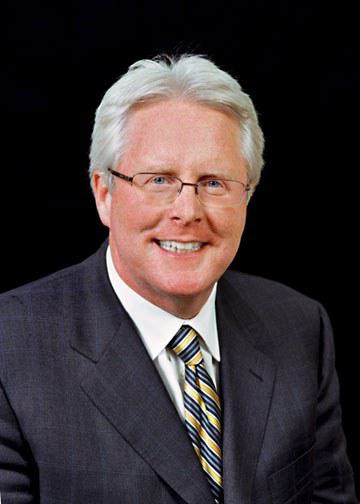Jury Awards $6 Million in Med Mal Case

By April White of the Legal staff

Tom Duffy, Esq.
A prescription of Tylenol with codeine could not prevent the onset of Peter Divon’s blinding eye infection or the liability of the doctor who treated him.
A Philadelphia Court of Common Pleas jury awarded Divon and his wife, Carol, $6 million late last week in a medical malpractice action against Dr. Jeffrey Paulman and Wills Eye Hospital.
In October 1996, Divon, a 56-year-old resident of Northeast Philadelphia, underwent surgery for a detached left retina at Wills Eye Hospital. The following day, Oct. 31, he was discharged. Paulman, a first-year fellow who assisted in the surgery, instructed Divon to call the hospital if he experienced pain, swelling or discharge from the healing eye.
Both the plaintiffs, represented by Thomas J. Duffy of Duffy & Quinn, and the defendants, represented by William F. Sutton of Post & Schell, agree on that sequence of events, according to Duffy. Sutton could not be reached for comment Friday. The events of the next day were in dispute during the two-and-a-half day trial before Judge Alfred J. DiBona Jr.
On Nov. 1, Divon called the hospital and left a message for Paulman. When Paulman returned the phone call that afternoon, Divon complained of increased pain in his left eye. According to the plaintiffs, Paulman prescribed Tylenol with codeine 25 tablets over the phone and told Divon to keep his previously scheduled appointment, four days later. According to the defendants, Paulman prescribed Tylenol with codeine but strongly urged Divon to return to the hospital as soon as possible.
Although Paulman told the jury he would have made a note about the phone call, it could not be found in the medical records, Duffy said.
Divon took the prescribed medication and returned to the hospital on Wednesday, six days after his operation. During that examination, doctors diagnosed endophthalmitis, a severe eye infection which can lead to blindness.
Despite three subsequent surgeries including an emergency effort the day of the diagnosis Divon, who already suffered from poor vision in his right eye, can now only sense strong light with his left eye. The former forklift driver for a Northeast beer distributor now manages breakage and clean up at the company where he has worked for more than 20 years.
He is still trying to work, but he is doing entry-level work, plaintiffs attorney Duffy said. Divon was sympathetic witness, he said. Duffy presented testimony from only three others— Divon’s wife of 34 years, an economist and a medical expert.
According to Duffy, the defendants presented Paulman and an expert to assert that Divon was advised to return to the hospital immediately, that Divon was contributorily negligent for not contacting the doctor in the days between the initial call and the exam, and that the delay in treatment did not cause Divon’s blindness.
There were no settlement offers or verdict-limiting agreements in the case, Duffy said. The plaintiff will file for delay damages which could bring the verdict— $5 million to Divon and $1 million to his wife for loss of consortium— to more than $6.6 million.
The jurors deliberated for three hours before reaching their conclusion. They believed that this was a young doctor who, on a Friday afternoon, didn’t understand the seriousness of the symptoms, Duffy said after a conversation with the jurors.

